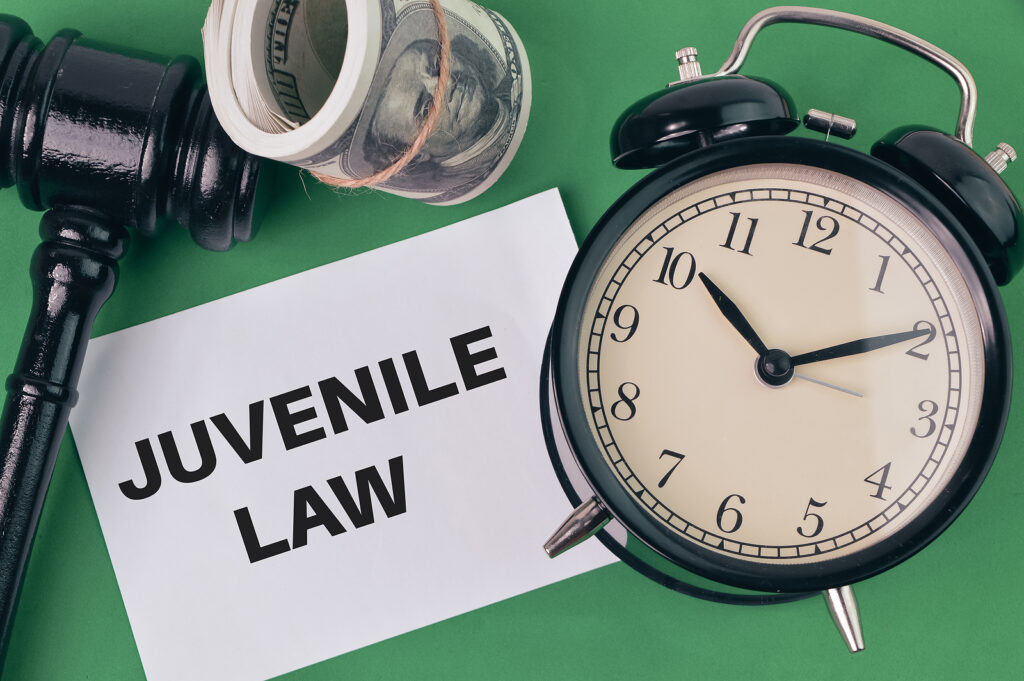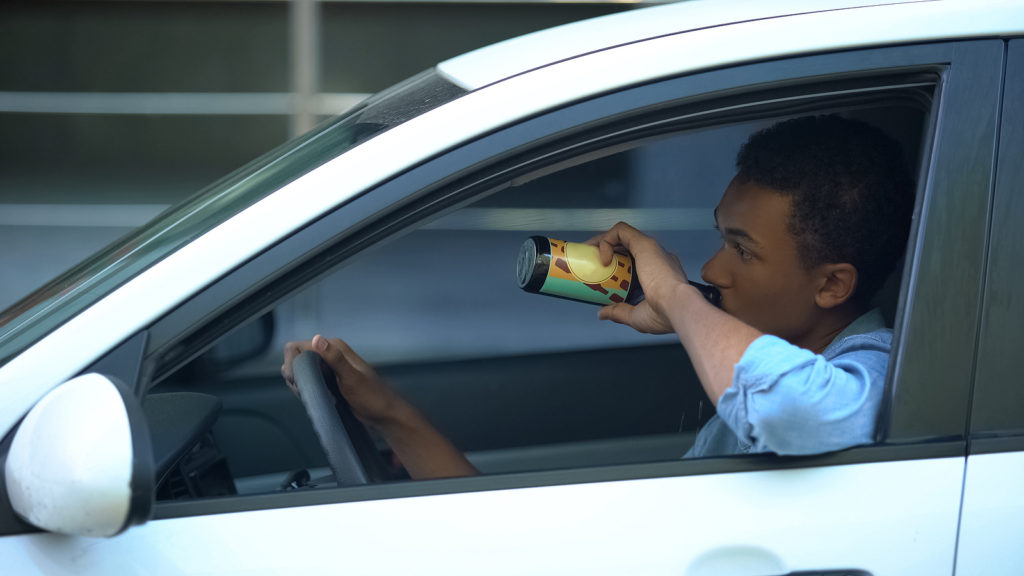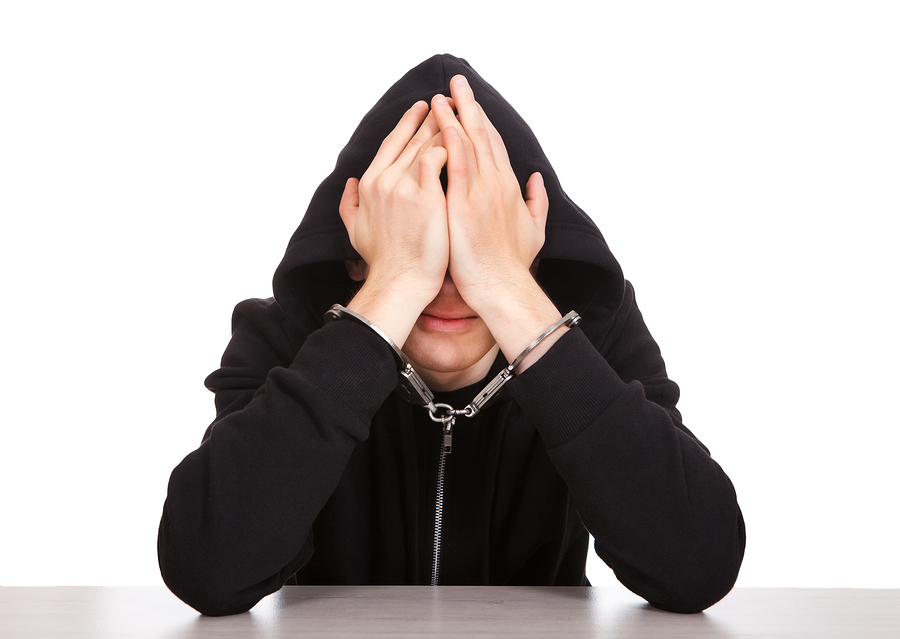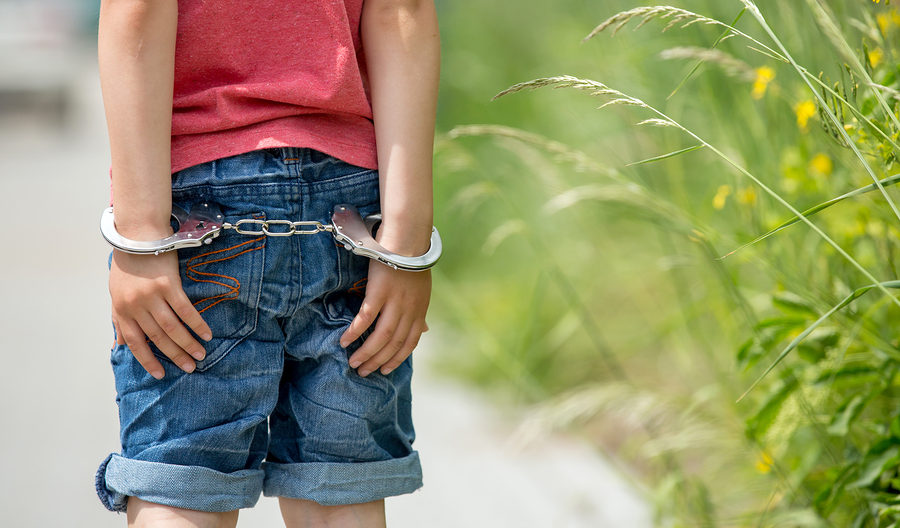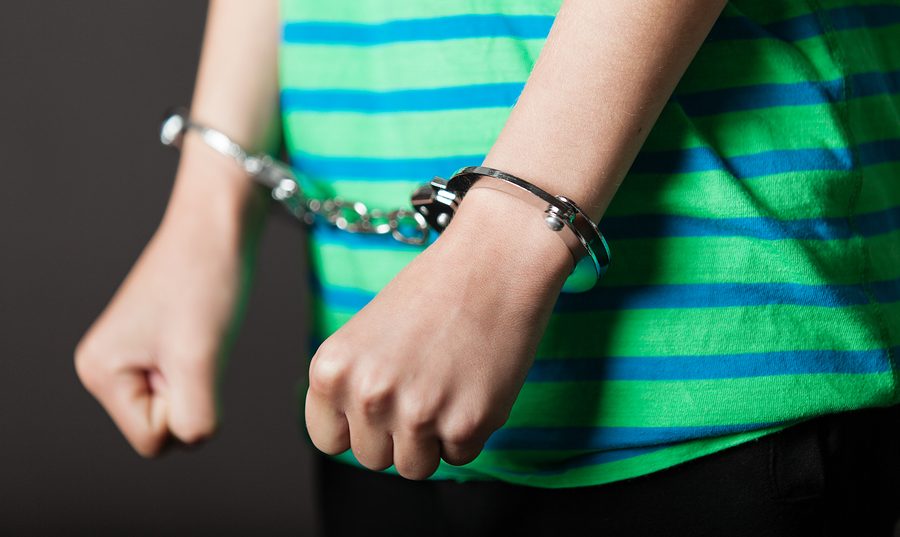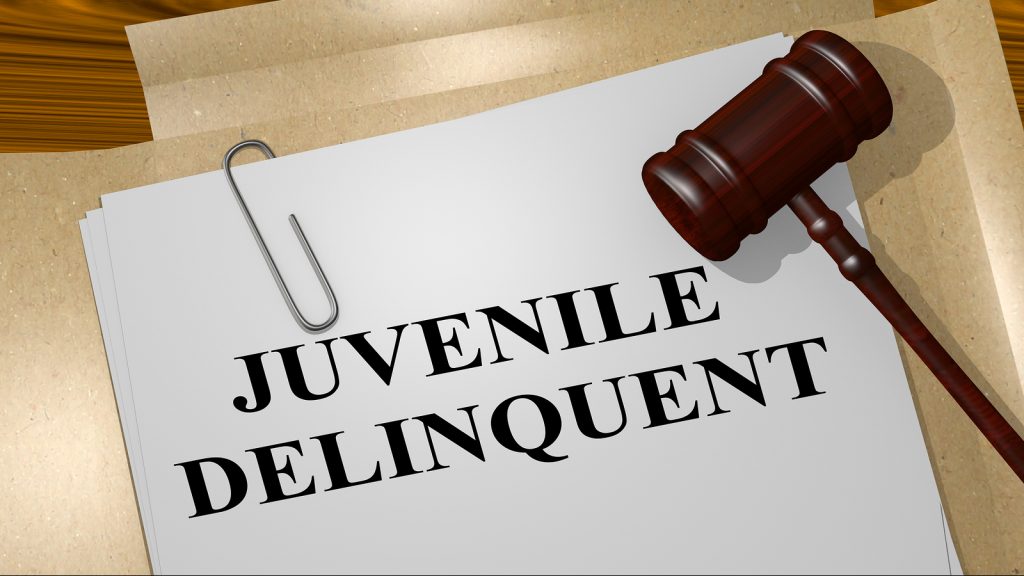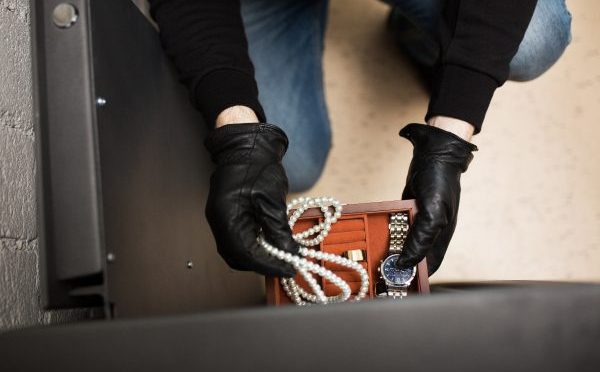There are several different types of property crimes that one can commit here in Indiana. From vandalism to arson, and many in between, Indiana does not take such offenses lightly. If you or someone you love was recently arrested or indicted on property crime charges, it is vital to hire a criminal defense attorney as soon as possible to protect your rights and preserve your freedoms.
In the meantime, continue below to review some of the most common types of property crimes in Indiana and the penalties that generally follow if convicted.
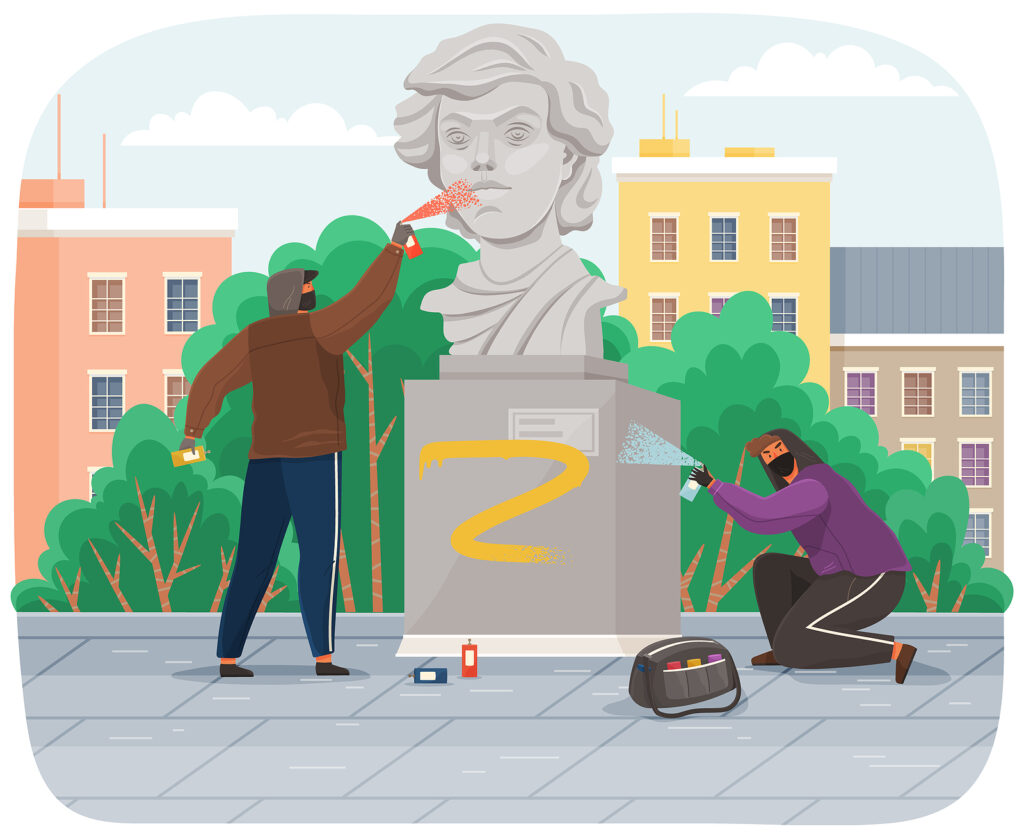
What is a Property Crime?
A property crime is any type of intentional or unintentional act of destruction or theft to a private or public premises. In Indiana, they are punishable on a wide scale depending on circumstances and details of the crime, from Class C Misdemeanors to Level 1 Felonies.
☛ See Sentencing Guidelines for Indiana
Here are the most common types of property crimes in Indiana:
Theft
Also called larceny, theft crimes are any acts of intentionally and knowledgeably exerting control over one’s property without consent or authorization. “Exerting control” can mean a variety of actions, including taking, possessing, obtaining, controlling, leading away, carrying, driving, concealing, selling, abandon, encumbering, conveying, transferring, securing, reproducing, or extending a right to another’s property. Theft convictions range from Class A Misdemeanors to Level 5 Felonies depending on the value of stolen items and various other details.
Shoplifting
Shoplifting is a type of theft crime in which a person intentionally conceals merchandise from a retail store without any intention of paying for it. Putting a book in your inside jacket pocket or a necklace in your purse at a store so that you can walk out without paying for them are examples of shoplifting. Shoplifting sentences depend on the total value of the items, but they commonly range from low level infractions to Class A Misdemeanors. In more serious cases, shoplifting charges can be Felonies.
Burglary
Burglary is another subcategory of theft. Different from robbery, which involves the use of a weapon, burglary is the act of unlawfully and forcibly entering a house, building, or enclosed structure with the intent of stealing property or possessions. It can also be unlawfully entering a house or enclosed structure for the purpose of committing another type of illegal act. Like most theft crimes, the charges for burglary can range from low misdemeanors to high felonies depending on the circumstances of the crime.
Robbery
Robbery is the crime of burglary and theft all in one, but with the use of a deadly weapon, force, or threat of force. Commanding a cashier to hand over all of the money in the cash register while showing them a gun on your belt would be the crime of robbery. Robbery is a serious theft crime, so it comes with much higher charges and penalties, usually Felonies.
Arson
Arson is the crime of intentionally setting fire to or burning a house, building, structure, or area of property such as a forest or park. If someone commits the violent crime of arson, and as a result, someone suffered bodily injury, the level of punishment drastically increases, as do the subsequent penalties upon conviction. Minor cases of arson, usually with juveniles, result in Misdemeanors, while more serious crimes of arson are charged as felonies.
Vandalism
Vandalism is a very common crime that can be as minor as writing your name in marker on the bathroom stall to graffitiing an entire building façade with spray paint. Any act that degrades, devalues, destructs, defaces, damages, or destroys a property is considered a crime of vandalism. Like most property crimes, the level of punishment depends on the severity of the crime and total value of damage. Sentences range from low-level infractions to Level 5 felonies.
Are you facing criminal charges for one of these types of property crimes in Indiana? Contact Attorney David E. Lewis at 317-636-7514 to schedule a free case evaluation for theft crimes in Indianapolis, IN today.
You Should Also Read:
Is it Possible to Reduce My Criminal Charges?
Possible Court-Ordered Penalties for Felonies and Misdemeanors in Indiana
Can I Be Arrested for Setting a Fire on My Property?


